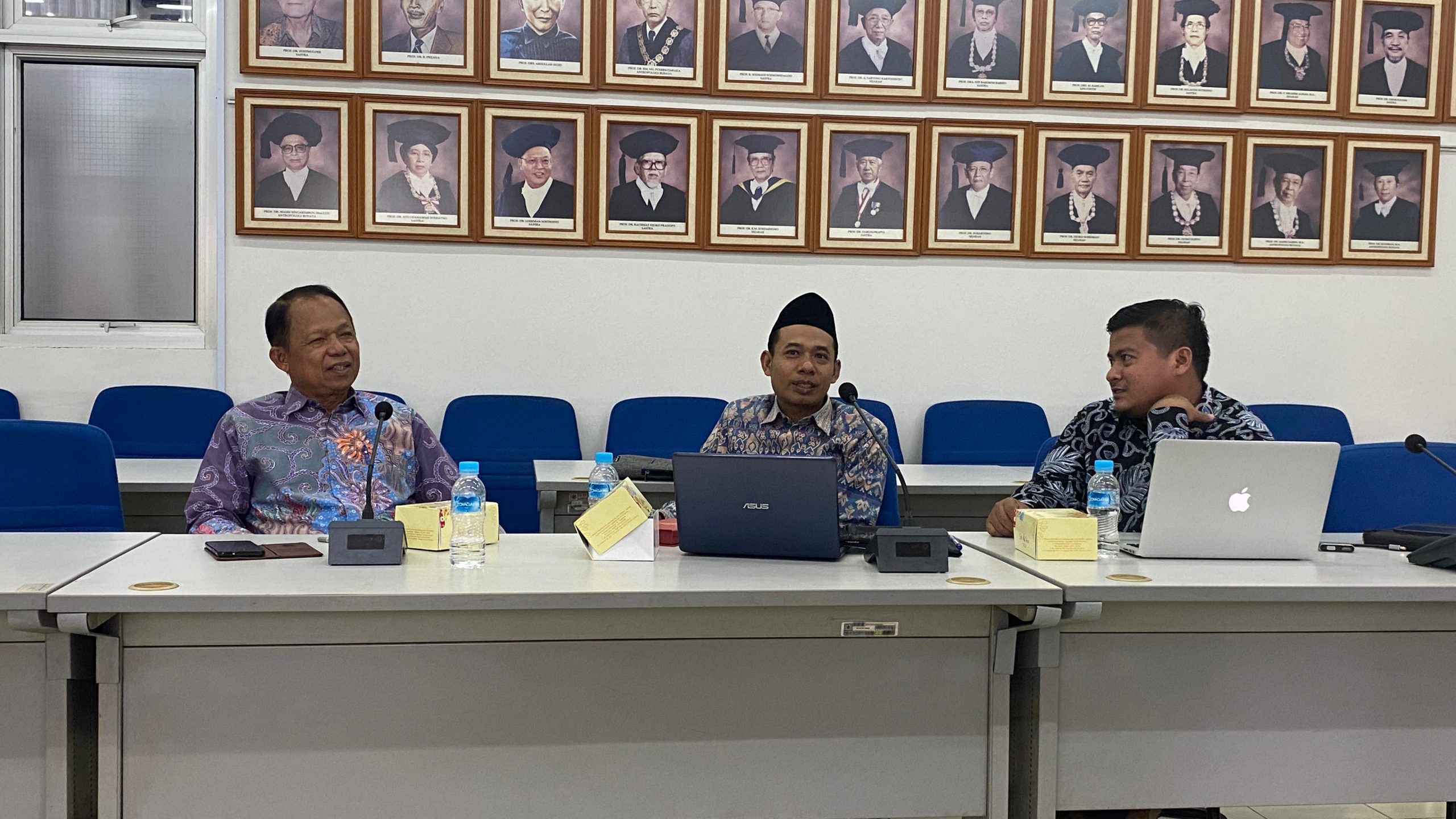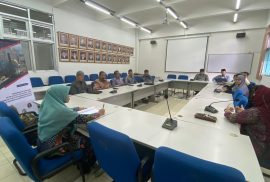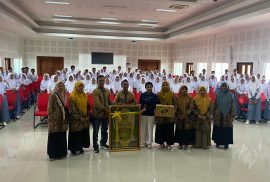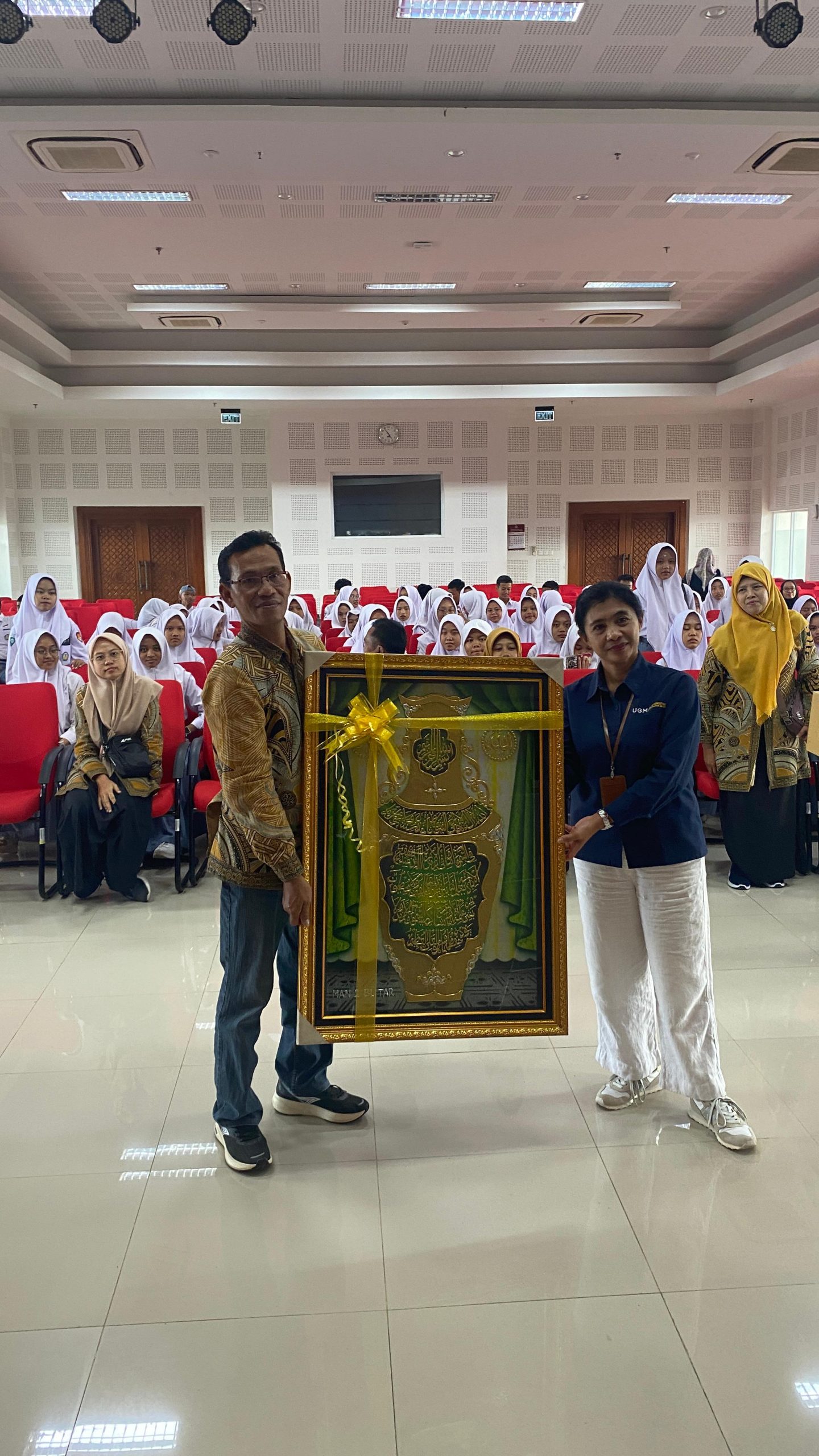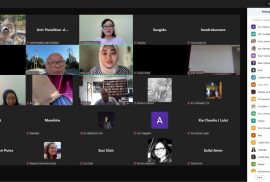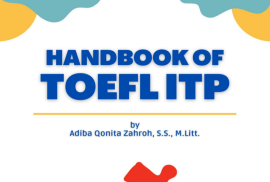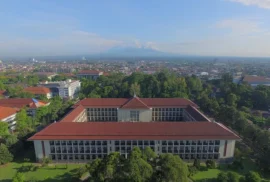On September 5, 2024, a Focus Group Discussion (FGD) took place in the Conference Room 1 of the Dean’s Building of the Faculty of Cultural Sciences, Universitas Gadjah Mada (UGM). This event was held as part of an effort to develop an online adaptive Arabic language test instrument based on ACTFL theory using CBT (Computer-Based Testing) at Darussalam Gontor University.
The researchers from Universitas Darussalam Gontor who attended this event were Dr. Ihwan Mahmudi, Dr. Ahmad Saifulloh, Dr. Moh. Ismail, and Dr. Izzul Fatawi. They explained the linguistic test development plan that they designed to improve the quality of Arabic language teaching through an adaptive testing approach.
The event was also attended by lecturers from the Faculty of Humanities UGM who gave a warm welcome to the researchers. The discussion focused on sharing information and experiences regarding the different types of language tests that have been implemented at the Faculty of Humanities UGM. The UGM lecturers provided valuable guidance and insights on how to develop and implement effective language tests, as well as the challenges that may be faced in the process.
This collaboration between Universitas Darussalam Gontor and the UGM Faculty of Cultural Sciences is expected to produce better test instruments, which not only measure Arabic language proficiency effectively but also adapt to the needs and latest technological developments in language education.
This activity is an important step forward in efforts to improve the quality of Arabic language learning and is expected to be a model for other institutions in the development of technology-based language tests.
